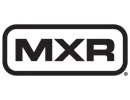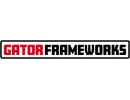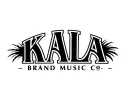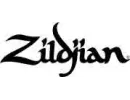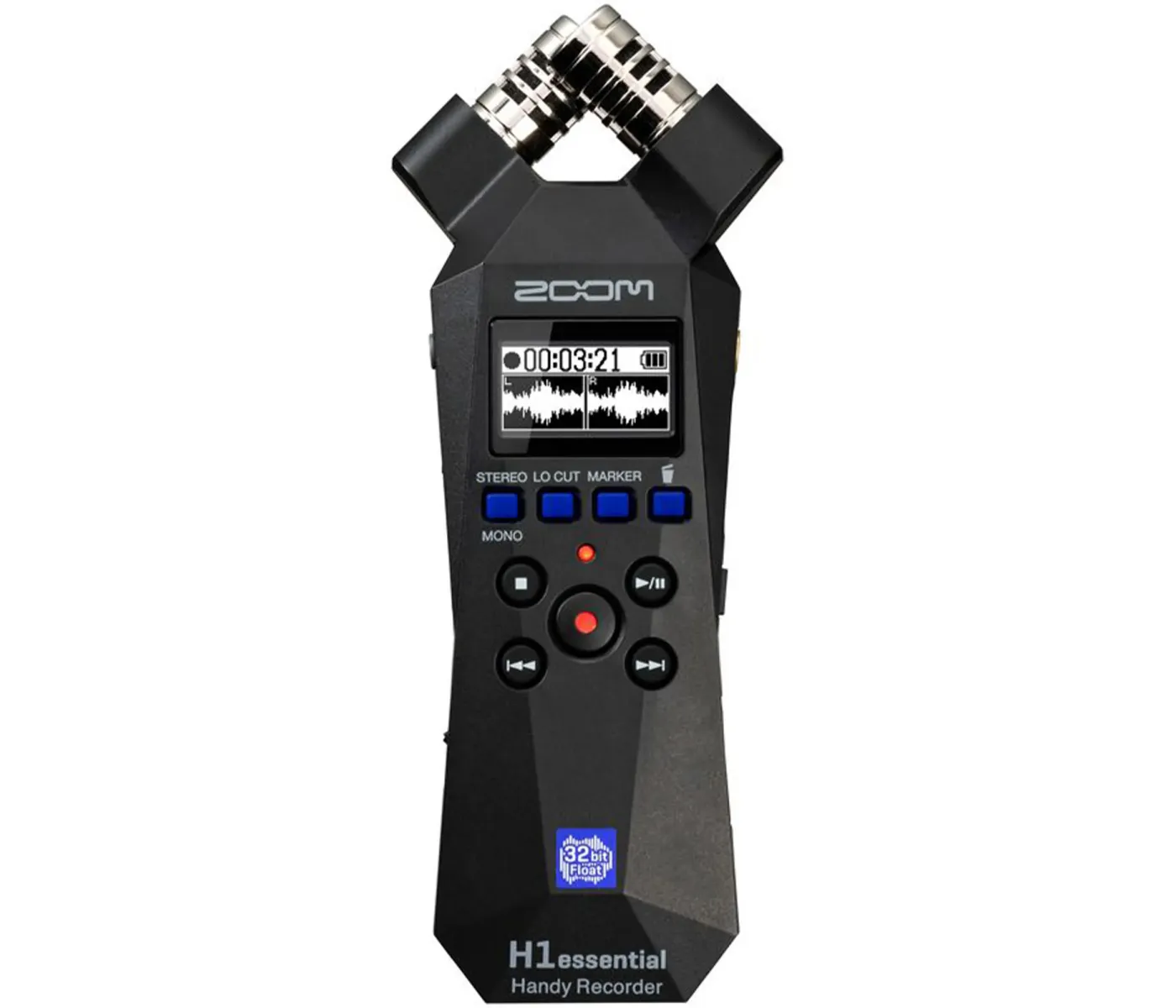Zoom H1essential 2-Track 32-Bit Handy Recorder- 2 Years Warranty
- Brand: Zoom
- Product Code: H1essential
- Availability: In Stock
-
AED 389.00
The Essential Series was designed with Accessibility for the blind and visually impaired. Navigate the menu with audible descriptions through the built-in speaker or headphones. Creators can choose English, Spanish, French, Japanese, German, Italian or Chinese.* There's a lot of buzz about 32-bit float recording technology. It not only gives you consistently clear audio, a simplified setup and unprecedented editing flexibility, but it also eliminates the need for a gain knob.
Zoom is one of the first companies to implement 32 bit-float into a variety of portable audio recording devices because we see this technology as a true game-changer– but you might be wondering how it works and if it’s worth using in your audio setup. Here is a brief crash-course on 32-bit float that can help you determine if it’s right for you and your work.
To best understand 32-bit float, let’s start with the problem it solves: Audio distortion caused by volume, like clipping or white noise. Anyone who has worked in audio has likely had an otherwise solid recording ruined by unwanted digital noise. This can be caused by anything from a singer unexpectedly jumping in volume (and clipping), to an actor speaking too quietly in a scene (and causing extra noise if you turn them up in post).
Challenges of Traditional Bit-Depth:
Having both high sample rate and bit depth results in more accurate analog-to-digital audio conversion, and in turn, higher-quality recordings. However, when a sound source hits a dB level outside of a given bit depth’s range, the analog signal won’t properly convert and the resulting audio file will contain irreversible digital distortion.
How 32-bit Float Works:
The solution to clipped and distorted audio is a larger dynamic range, and 32-bit float offers that in spades. It contains over 4 billion amplitude values, resulting in a dynamic range louder than anything found on earth. In other words, everything from whispers to explosions (and virtually anything that you’d encounter on set) falls well within its dynamic range.
Specs
INPUTS
| Built-in mic | 90º XY stereo format | |
|---|---|---|
| Directionality | Unidirectional | |
| Sensitivity | –37 dB/1 Pa at 1 kHz | |
| Maximum sound pressure input | 120 dB SPL | |
| MIC/LINE IN jack | Connector | Stereo mini jack |
| Input impedance | 2 k? or more | |
| Plug-in power | 2.5 V | |
| Built-in mic | 90º XY stereo format | |
| Directionality | Unidirectional |
OUTPUTS
| PHONE / LINE OUT jack | Connector | Stereo mini jack |
|---|---|---|
| Maximum output level | 20 ?W + 20 ?W(into 32? load) | |
| Output impedance | 10 ? or less | |
| Built-in speaker | Type | 20 x 30mm oval dynamic speaker |
| Practical maximum output | 250mW | |
RECORDER
| Recording formats | WAV |
|---|---|
| 44.1/48/96 kHz?32-bit Float | |
| Stereo / Mono | |
| BWF and iXML formats supported | |
| Recording media | 4–32GB cards compatible with the microSDHC specification |
| 64GB–1TB cards compatible with the microSDXC specification | |
DISPLAY
| OLED | 128 x 64 |
|---|---|
USB
| Connector | USB Type-C |
|---|---|
| • Use a USB cable that supports data transfer. | |
| USB Mic | USB 2.0 High Speed |
| 48 kHz, 24-bit | |
| File transfer | USB 2.0 High Speed |
POWER
| 2 AAA batteries | Alkaline, Lithium, or Rechargeable NiMH |
|---|---|
| AC adapter | ZOOM AD-17: DC 5 V/1 A |
| • USB bus power is supported. | |
ESTIMATED CONTINUOUS OPERATION TIME USING BATTERIES
| Alkaline batteries | About 10 hours |
|---|---|
| NiMH batteries (800 mAh) | About 9 hours |
| Lithium batteries | About 18 hours |
Stereo recording, 48kHz/32-bit float, no headphones, Power Save 1min
These values are approximate.
Continuous battery operation times were determined using in-house testing methods.
They will vary greatly according to use conditions.
| POWER CONSUMPTION | 5 W maximum |
| DIMENSIONS | 53.9 mm (W) × 136.6 mm (D) × 29.0 mm (H) |
| WEIGHT (INCLUDING BATTERIES) | 92 g |












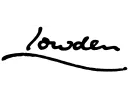

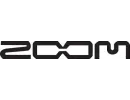


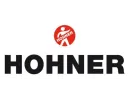
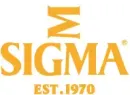





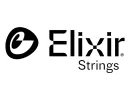
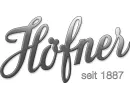
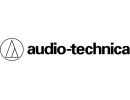

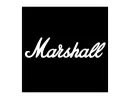
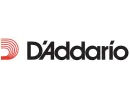
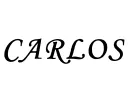


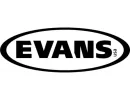

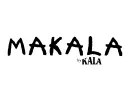

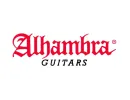
-130x100.webp)

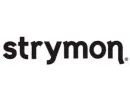

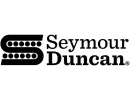
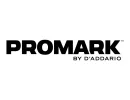


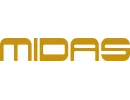
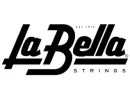




-130x100.webp)
